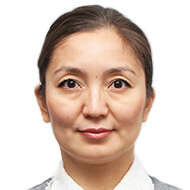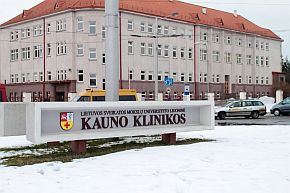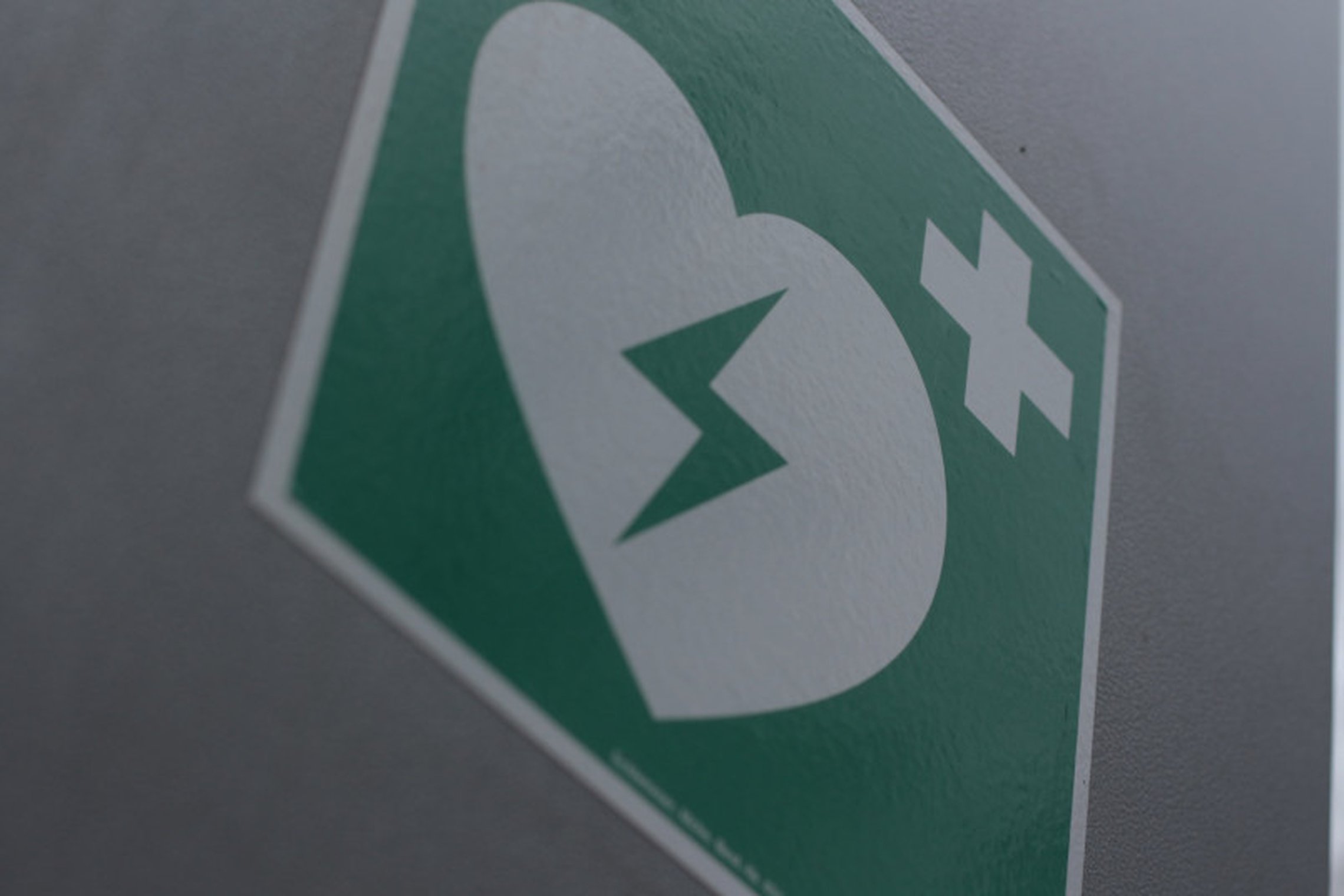The National Health Insurance Fund under the Ministry of Health of Lithuania reports that health care financing has been increased in 2023, which made additional funds available for CHIF. The additional funding from CHIF budget and its reserve ensured that health care facilities received more money for the health services they provided. Namely, Compulsory Health Insurance Fund (CHIF) spent more money on healthcare services, including preventive health programmes, and on the reimbursement of medicines, medical aids and orthopaedic equipment. CHIF reports:
Last year, the Compulsory Health Insurance Fund (CHIF) received over EUR 289.4 million, or 9.5% more revenue than planned, thanks to better-than-forecasted developments in the country’s labour market indicators. In total, the CHIF budget revenue in 2023 amounted to EUR 3.34 billion. The increase in income was mainly due to a rise in compulsory health insurance (CHI) premiums, linked to growth in the country’s average wage. The average gross monthly wage was planned at EUR 1 912.5 when the CHIF budget for 2023 was drafted, but has reached EUR 2 014 (EUR 1 789 in 2022). As a result, the amount of employees’ contributions to the CHIF budget was EUR 335.2 million (17%) higher than in 2022. The increase in the CHIF budget is also due to a steady increase in the minimum monthly wage, on which CHI contributions are also paid (EUR 730 in 2022 and EUR 840 in 2023).
The increase in the amount of state budget contributions for publicly insured persons has also contributed to the higher revenue of the CHIF budget. In 2022, the annual contribution per insured person amounted to EUR 508.4, compared to a 5.8% increase of EUR 537.7 per insured person in 2023.
At the beginning of 2023, the CHIF budget reserve amounted to EUR 689 million: a core part of almost EUR 46 million and a risk reserve part of more than EUR 643 million. The increase in the CHIF budget reserve in recent years was mainly due to the collection of over-budget revenues as a result of the country’s faster-than-expected wage growth. In total, close to EUR 302 million was distributed last year as part of the risk management part of the CHIF Budget Reserve, while the total amount of the CHIF Budget Reserve that was used amounted to more than EUR 294 million.
One major positive impact of this additional funding is the increase in health workers’ wages. CHIF reports that average gross wage per post for doctors, nurses and other health personnel working in health care facilities increased by 18% in 2023 compared to 2022: 18% for doctors, 14% for nurses and 15% for other health personnel:
In order to allow an increase in employee wages from the beginning of 2023, health care services provided to medical institutions were paid at the increased base prices from 1 November 2022. In addition, the prices of healthcare services were indexed as from 1 January 2023. The CHIF budget and its reserve were allocated for this purpose.
Another significant impact from a higher-than-expected revenue is that patients received more services:
The additional allocation of the CHIF budget and its reserve covered all outpatient services (specialist consultations, day hospital, day surgery, outpatient surgery, emergency and observation services), nursing care, palliative care, medical rehabilitation, as well as up to 30% of the over-contracting of inpatient care in 2023, thus compensating for the variable costs incurred by the facilities in the light of the increased inpatient volumes.
The country’s healthcare organizations were invited to reduce waiting times for services in 2023, with additional payments made possible through supplementary agreements. If healthcare organizations provided more services to reduce long queues, the health insurance funds paid for all the services provided. Additional funds were also allocated to pay for medical rehabilitation services.
In 2023, as in previous years, healthcare services were paid on time by the single payer. In addition, CHIF introduced some important changes in the payment of services in 2023. An innovation was introduced that, depending on the availability of the budget, healthcare services provided in excess of the contracted amount are reviewed and reimbursed on a semiannual basis.
In addition to a higher volume of services, patients received more new medicines and medical aids (supplies):
Last year, 15 generic medicines were reimbursed and the number of reimbursed medical devices was increased. The most important innovation of the year is that, in order to reduce the cost of purchasing reimbursed medicines for the population, from 1 July 2023, patient premiums will be covered by accumulating a basket of premiums amounting to almost EUR 50 for the cheapest medicines purchased. In this way, 64.8 thousand people have already had their patient premiums covered in the second half of 2023.
Since the beginning of last year, two innovative medical aids have been centrally reimbursed to paediatric and adult neurosurgery hospitals: the vagus nerve stimulation therapy system for the treatment of depression and the spinal cord stimulation system for the treatment of patients with neuropathic pain after spinal surgery.
The additional funding also helped to expand care for rare diseases. Reimbursement for treatment of patients with generalised lipodystrophy, Fabry disease and severe epilepsy also started in 2023. In addition, the number of letters of guarantee issued by the NHIF for the treatment of patients with very rare diseases increased significantly from 532 to 616.
Another good impact from additional funding resulted in review and increase of medical service tariffs. Reimbursement prices for medical services were increased:
Last year, new base prices were calculated or recalculated for many healthcare services. Consultation fees for adult and paediatric cardiologists, neurologists, endocrinologists, rheumatologists, gastroenterologists, as well as obstetricians, gynaecologists, dermatovenereologists, orthopaedic traumatologists, and specialists in eye, ear, nose and throat diseases were increased.
Payment for extended consultations was also increased in 2023 to encourage patients to undergo more investigative and therapeutic interventions during their first consultation. Many of these consultations have been subject to multiple fee increases, resulting in a 30-50% increase in the payment for extended consultations and allowing health facilities to examine more patients and see more patients in a single consultation.
Since November 2023, the basic prices of healthcare services were re-indexed, allowing health institutions to use the extra funds to increase employee wages as early as January 2024. The total amount of the CHIF budget and its reserve allocated for this purpose last year was EUR 28 million.






